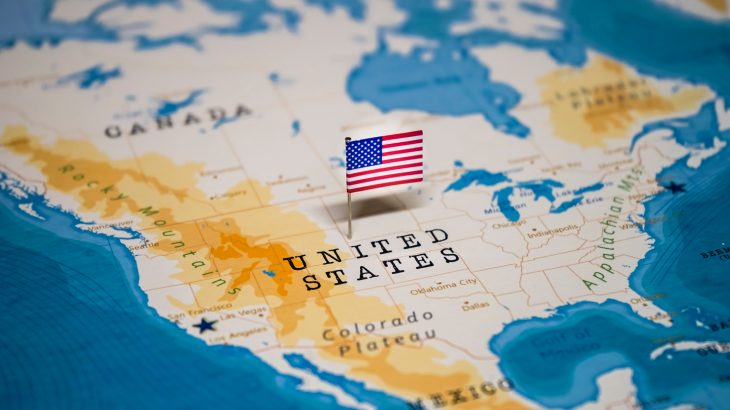For the upcoming H-1B Cap FY 2024 lottery, the electronic registration period opened on March 1 at noon eastern and will close on March 17 the same time. Employers can submit registrations for each prospective H-1B applicant via a myUSCIS online account at a $10 fee for per registration. If selected in the lottery, USCIS will notify the employers and the H-1B cap petitions can be filed within the 90-day period beginning April 1.
In the recent past years, the H-1B RFE (Request For Evidence) rate dropped compared to the prior Trump administration years. That said, an RFE is quite an unwelcome, and often times, onerous step as it adds uncertainty to, and prolongs, the adjudication process. But more often than not, an RFE can be successfully overcome with proper documentation and compelling arguments. This article briefly addresses key RFE issues raised by the USCIS in H-1B cases and ways in which they can be preempted.
Specialty Occupation

The most common RFE issue relates to whether the proffered US position qualifies as a ‘specialty occupation.’ The H-1B visa is reserved for foreign workers who render services in a specialty occupation; quite simply put – a position that requires at the very least, a bachelor’s degree (or its equivalent) within a specific specialty field as a minimum qualification for entry into that occupation.
USCIS looks for a nexus between the applicant’s degree and the specific job duties associated with the position. Due to the increasing narrow interpretation of ‘specialty occupation’ by USCIS, cases in which the position requires (or the applicant has) a more general degree are often result in RFEs or at times, denial. USCIS in the past has questioned the relevance of a bachelor’s degree in electronic engineering for an IT job, or an MBA degree could be viewed as too broad for a marketing and sales position. Some proffered positions are scrutinized more than others as USCIS relies on their main source – the Occupational Outlook Handbook (OOH) (published by the Department of Labor) – to determine which job positions require a bachelor’s degree.
In other words, it’s not enough to prove that the position would normally require a bachelor’s degree but it should be demonstrated that the position requires a bachelor’s degree that is in a specific or a narrow list of disciplines. There are some ways that can help strengthen the specialty occupation argument. For example, a Third Party Expert Opinion Letter written by an industry expert or a university professor that explains in detail how and why the proffered position involves duties the performance of which would require at least a bachelor’s degree in that particular field, would help. Providing proof of past hiring practices by the employer that show a consistent trend of hiring individuals requiring at least a bachelor’s degree in a specific field for a particular position also helps. Additionally, setting out a very detailed breakdown of daily job duties and describing how the performance of each duty/task relates to the degree coursework may often times contribute to giving a clear understanding to the officer of how the specific degree is related to the performance of the tasks.
Employer – Employee Relationship
The employer-employee relationship has become important in the H-1B third-party worksite context. In such cases, where the employee is posted at the end-client site, USCIS requires evidence to show that the foreign worker will be managed and controlled by the H-1B sponsoring employer and that the third – party client shall have no authority and/or control over the employment terms of such worker (hire, termination, salary, insurance, etc.) This can be usually demonstrated in an employment agreement that clearly spells out the nature of the employer’s control – instructing employee with daily tasks, appraisals and feedback, weekly/monthly reporting, use of company tools, equipment, resources,, etc., and additional employee benefits, etc.
Also wherever possible, employers should submit agreements or MSAs (with SOWs end-client letters, etc) that expressly mention the petitioning employer’s obligations toward the employee and their right to control the employee.
Industry experts predict that the demand for H-1B will remain high this cap season as well. For registrations that are not selected, there may be possible alternatives such as L-1, E-2 and our team at D&A is happy to discuss these with you. We will provide more updates on the cap season as information becomes available
This article has been written by Zeenat Phophalia, Esq. Of Counsel, Davies & Associates, India Office.
Zeenat Phophalia is qualified to practice law in New York, United Kingdom and India. She practices in the area of U.S. immigration law with a focus on business immigration, and has represented corporate clients including large and medium sized companies and startups across sectors such as IT, consulting, consumer goods, manufacturing and telecommunications.
Looking for an US immigration lawyer? Request free consultation at Davies & Associates or find our closest location around the world.


























